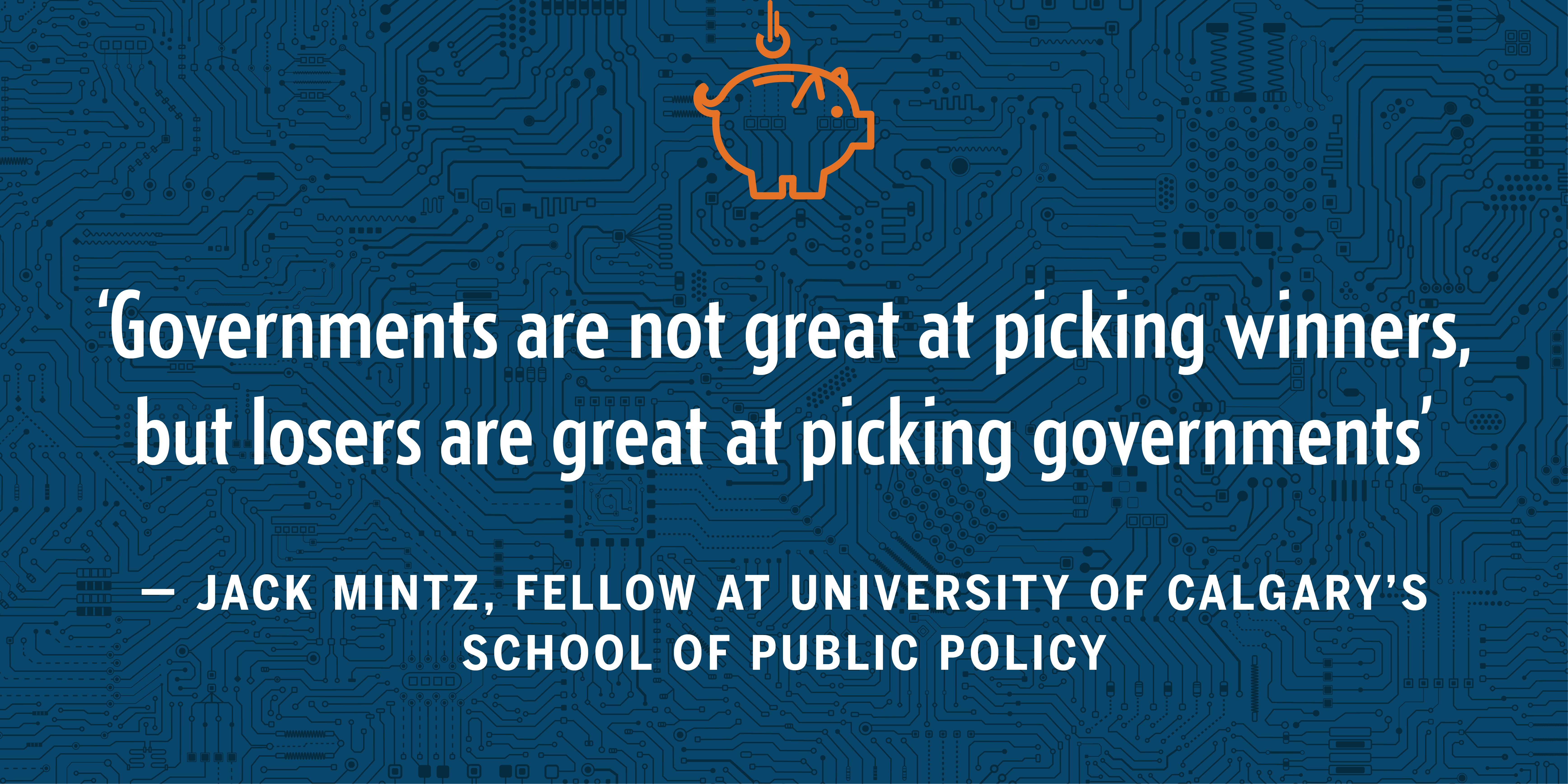Politicians in Washington very much like the idea of industrial policy.
Steve Forbes, however, warns that legislation to expand cronyism would be a very bad idea.
As Steve notes, politicians foolishly claim we need our own version of industrial policy so we can compete with China’s industrial policy.
But China is suffering in part because of that form of intervention.

So why on earth do American politicians think we should copy the policies of a nation where living standards are only a fraction of U.S. levels?
The bad news, as James Pethokoukis recently observed for the American Enterprise Institute, is that this pork-barrel legislation may soon get through Congress.
…during President Biden’s State of the Union address…he said it was “so important” for Congress to pass something called the “Bipartisan Innovation Act.” To the best of just about anyone’s knowledge, no such legislation existed. Save the “senior moment” wisecracks. Biden was breaking out a new name for a couple of bills making their way through the House and Senate. …few Americans have ever heard of the House’s America Competes Act or the Senate’s U.S. Innovation and Competition Act, despite their huge price tags. But they might want to get up to speed, ASAP. …there’s the substance of the bills themselves, …the parts that seem intent on mimicking top-down Chinese industrial policy, such as the funding for semiconductor manufacturing and efforts to create “Regional Technology and Innovation Hubs” across America.
So what will happen if politicians approved this example of cronyism?
The easy answer is that we will have more politicization of the economy. And that’s not a good outcome.
The Wall Street Journal opined on this legislation last year.
Competition with China will define the coming decades, and Congress wants to get into the game. Alas…the Senate’s nearly 1,500-page Innovation and Competition Act that won’t help innovation or competitiveness. …the bill’s bipartisan support has less to do with China than with its typical Congressional spending blowout and parochial politics. …political strings…always attach to industrial policy. Companies left to their own devices will allocate capital to its most productive use, but government subsidies will steer investment where politics directs. …Many Republicans support the bill because they believe the U.S. needs to mimic Beijing’s directed capital to defeat Beijing. But the U.S. strength has always been its capitalist system, which encourages private investment and innovation through market competition, strong intellectual property rights, and, yes, profits. That’s how the U.S. transcended Japan’s challenge in the 1980s and 1990s. …China’s strategy has long been to subsidize inefficient state-owned enterprises and national champions like Huawei, which has hamstrung smaller potential competitors. …The China challenge requires a better response than the U.S. has mustered to date. But the industrial policy of this bill will waste taxpayer money and divert private capital to less efficient purposes. America can’t out-compete China by imitating it.
Veronique de Rugy also addressed this issue last year.
Here are excerpts from her National Review column.
Industrial policy looks great on paper. The government simply has to identify an industry that needs support, prop it up with subsidies, loans, tax breaks, or protect it from foreign competition with tariffs and other trade regulations, and we will be on our way to fixing many of our problems. …the winners picked by the government may not all turn out to be the champions we hope they will become. …And yet, we continue to believe that somehow, this time, industrial policy will work better. You even hear conservatives make arguments like, “It works in China, so we have to do the same.” It’s as if some people are convinced that the problems that have plagued past and current central-planning efforts in the U.S. government don’t exist in China. But the truth is that China’s successes may not look as good relative to the U.S. if you look closely at the data and facts.
Veronique is right. China is not a role model.
Just like the Soviet Union was not a role model.
Just like Japan of the 1980s was not a role model.
Industrial policy has always been a failure, anywhere and everywhere, whether done on a big scale (central planning) or a small scale (business subsidies).
Free markets are the right answer. Though I guess it is not much fun being a politician if your role is to simply leave people alone.
P.S. In his article, Pethokoukis expresses sympathy for having the government fund basic research instead of picking winners and losers. I think he is far too optimistic about getting good results with government-financed research and development.
———
Image credit: cwizner | Pixabay License.





